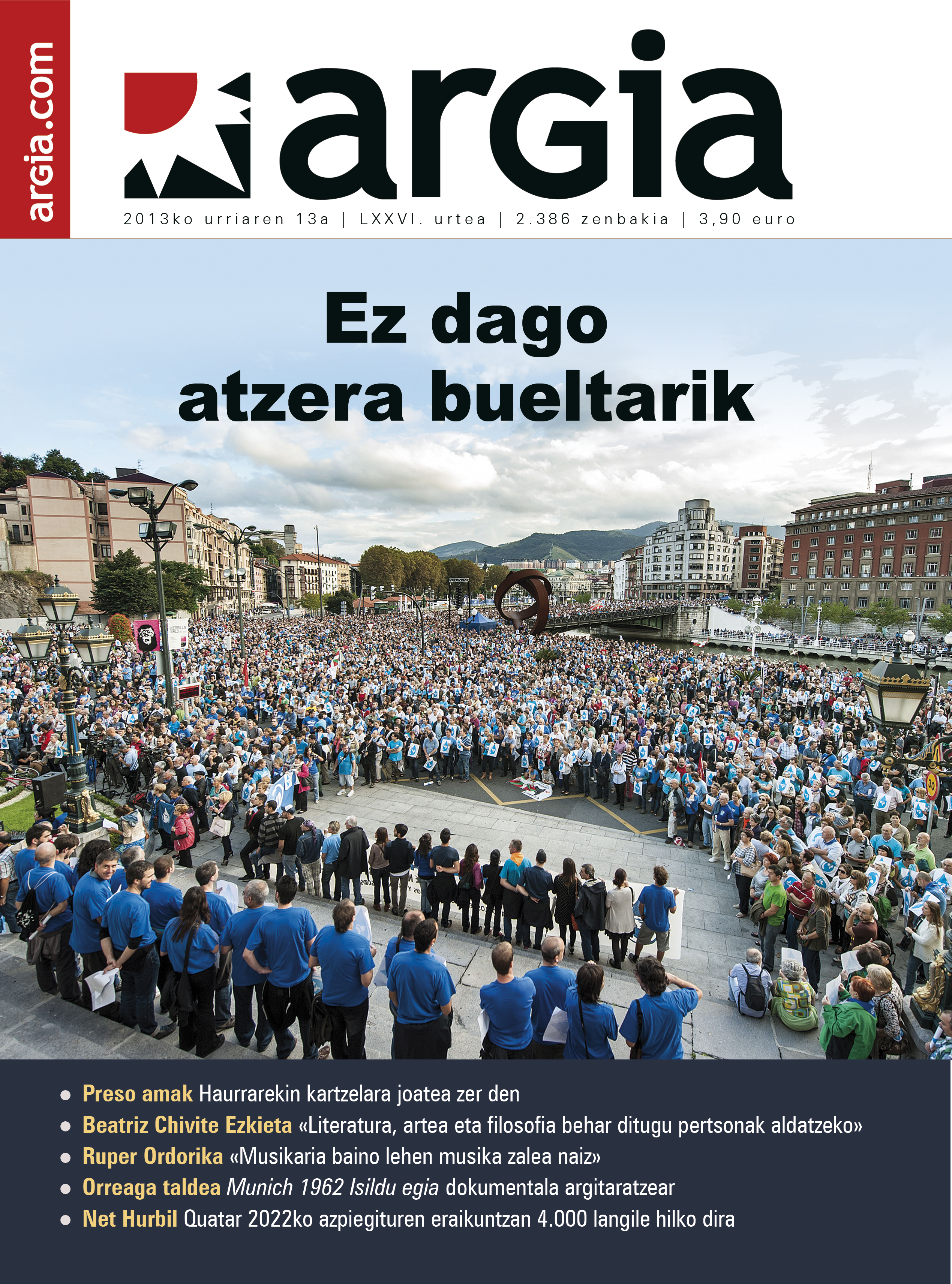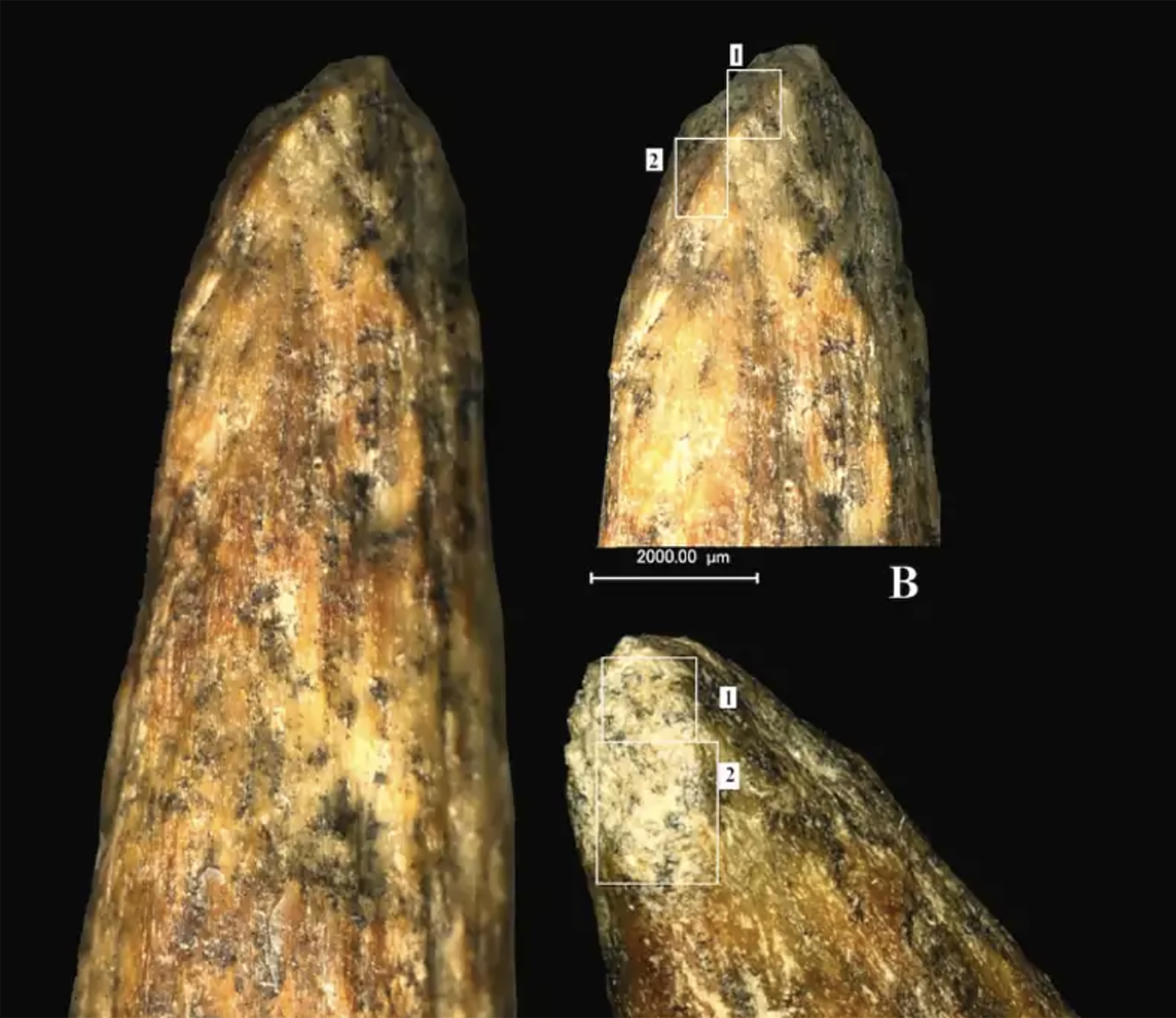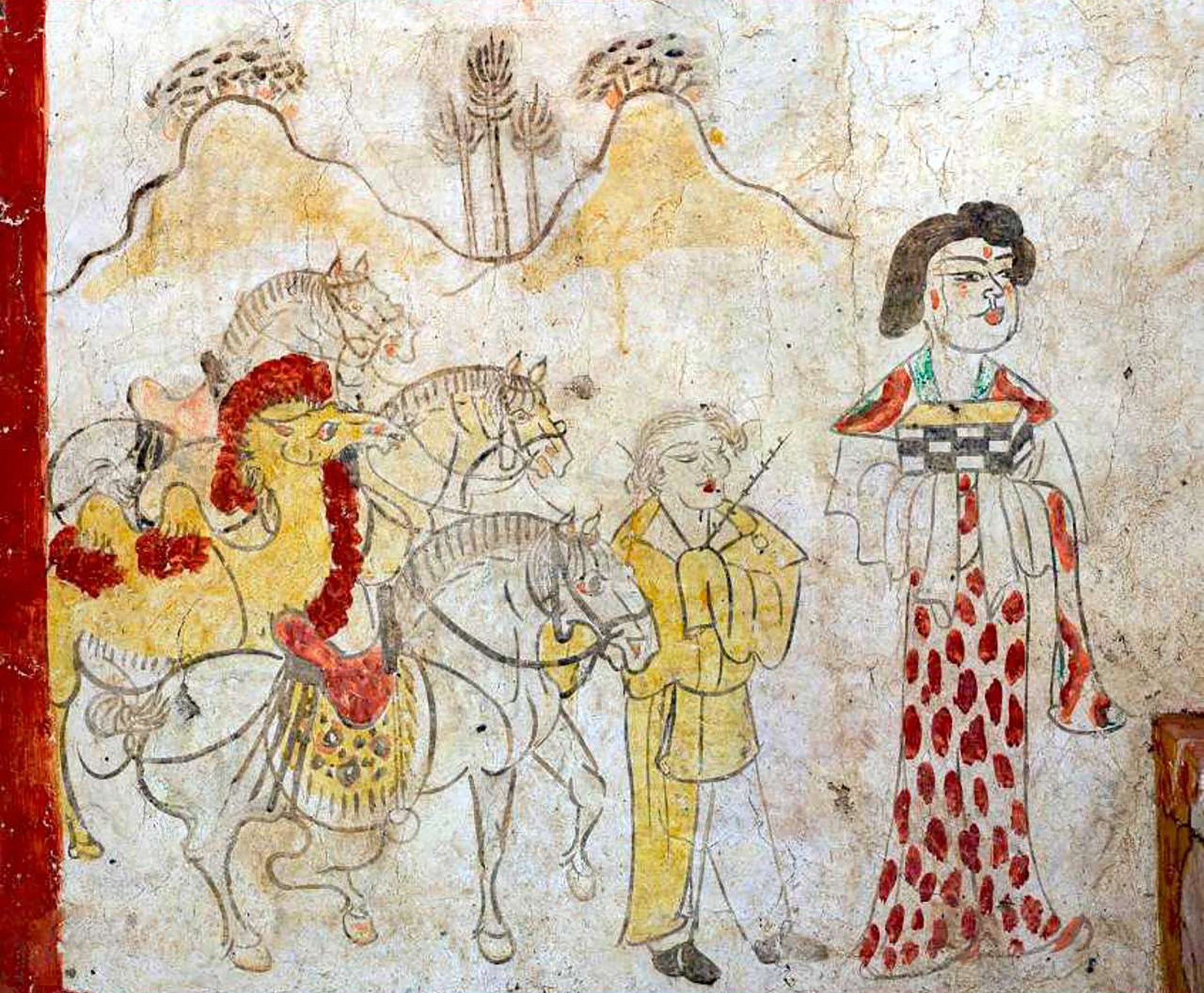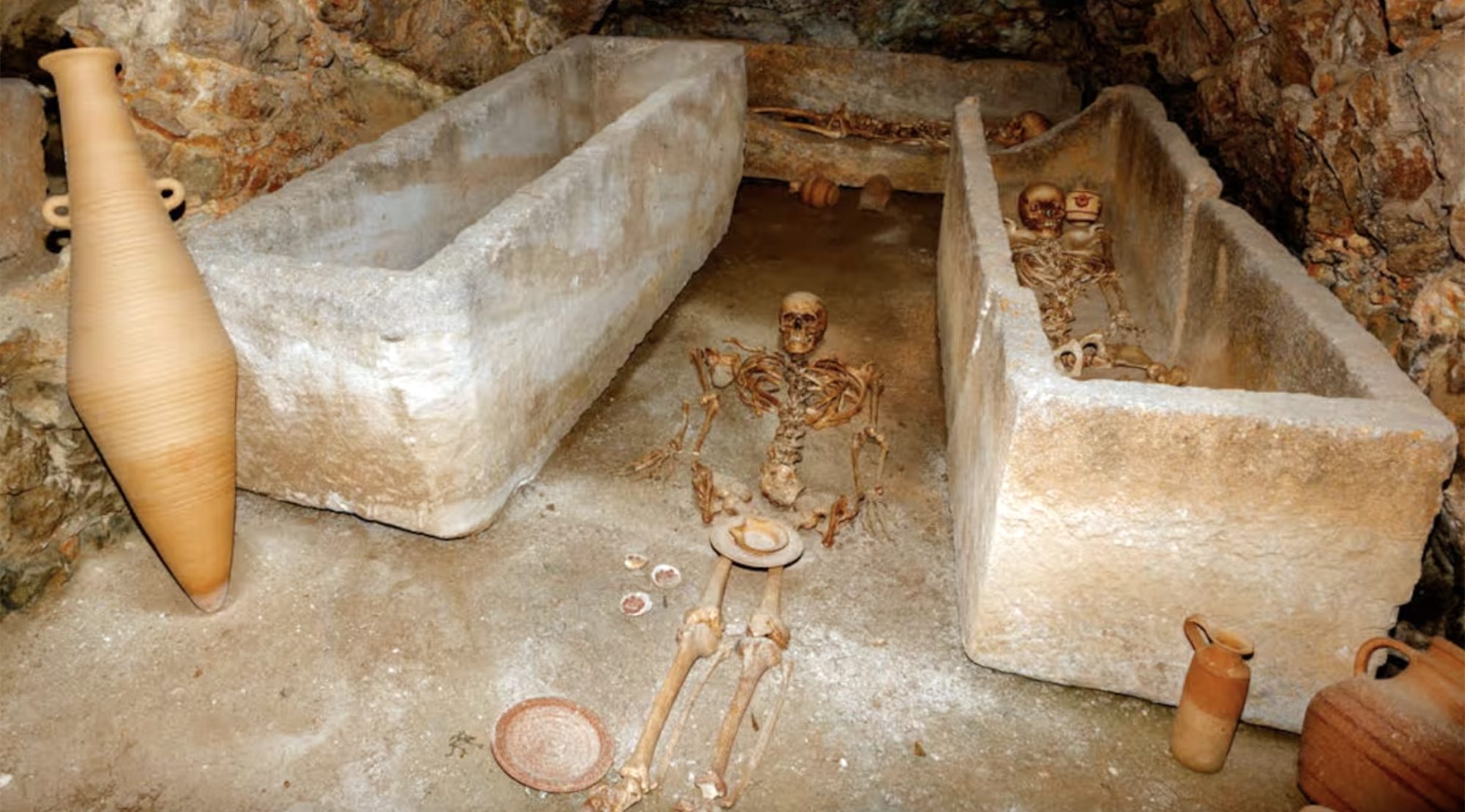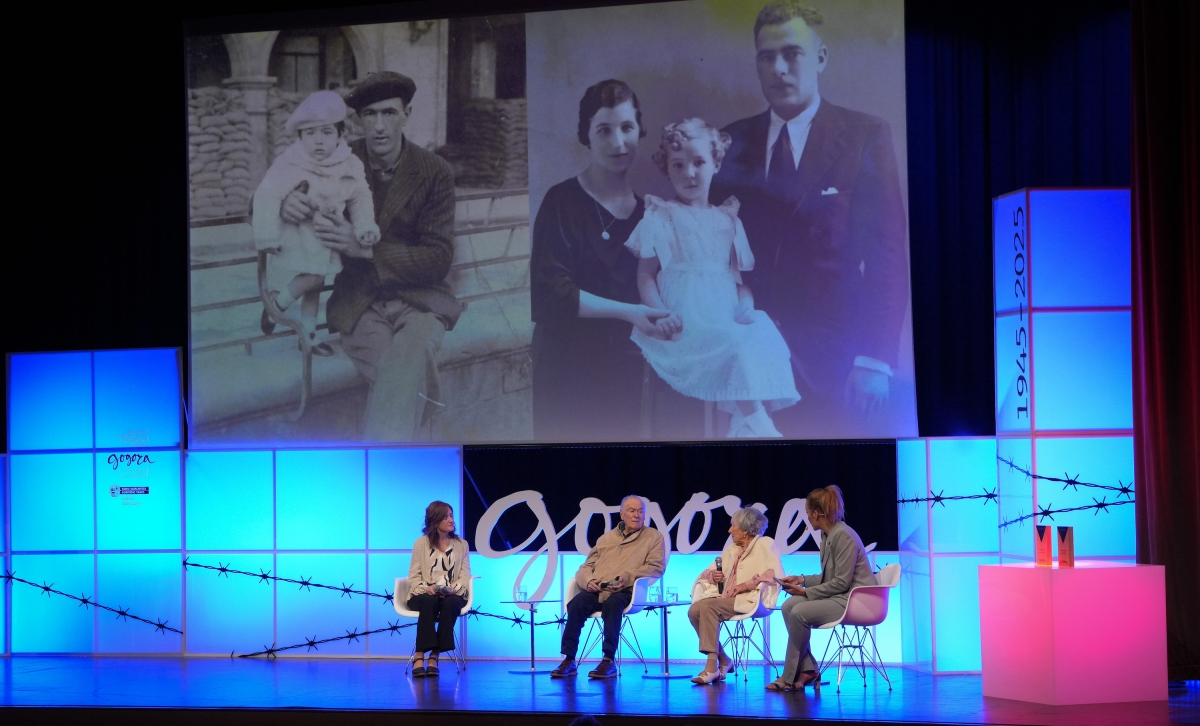Einstein's machismo wasn't relative.
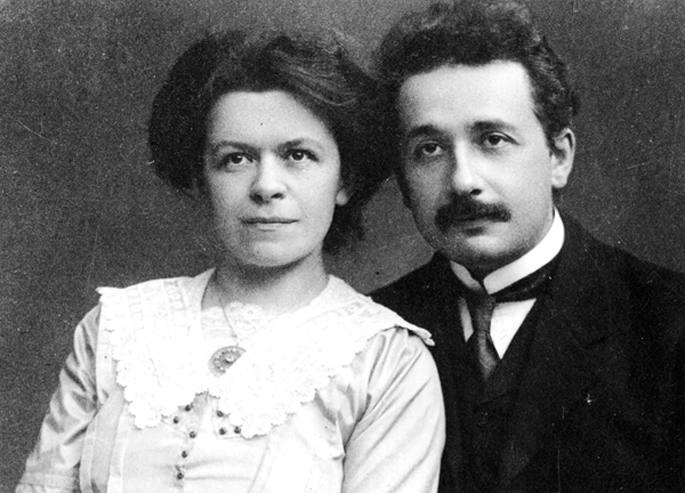
Zurich, 1913. Max Planck and Walther Nernst asked Einstein to accept the direction of the Kaiser Wilhelm Institute of Physics and therefore move to Berlin. Einstein nodded, but his wife, Mileva Maric, didn't deserve to take the news. By then, the relationship was already approaching dismantling, and a year ago Einstein had established a close correspondence with his cousin Elsa Lowenthal, who was going to be his second wife.
Einstein and Maric met in the fall of 1896, when they both signed up for the Diploma in Physics and Mathematics at the Zurich Polytechnic School. In the mid-level exams of the diploma, the only woman in the course obtained excellent results: in mathematics Einstein got a better grade (5.7 on a scale from 1 to 6) than Maric (5.05). But in physics they got the same result (5.5).
Mileva Maric’s promising academic career was interrupted in 1901, when Einstein became pregnant. Lieserl's daughter was born in 1902, but Einstein's roles do not explain what happened to the child: He probably died at the end of the summer of 1903, but the unmarried couple may give the child for adoption. Einstein and Maric got married that year and had two other children.
Ten years after the wedding, when they moved to Berlin, the couple was broken, but, as on many other occasions, they decided to continue together for the sake of the children. For this, Einstein imposed a prodigious set of conditions on his wife:
“1. You shall ensure:
“You’ll have my clothes and the house in good condition.
“You’ll serve me three meals a day in my room.
“You’ll wash my room and my office and you’ll have to be clear that I’m going to use the work desk myself.
2. You will have no personal relationship with me until for social reasons it is indispensable. In particular:
“You won’t sit at home next to me.
“We won’t go or travel together.
3. Consider the following:
“We’re not going to have intimate relationships and you won’t blame me for anything.
“You will stop talking if I ask you.
“You will immediately leave my room or office, without protest, if I ask you.
“You will not despise me before the children, neither with words nor with actions.”
Although the conditions were initially accepted, they were definitively separated in the summer of 1914, and Maric returned with his two sons to Zurich. He and Albert Einstein divorced themselves from Valentine's Day in 1919.
The facial tattoos of a mummy discovered a century ago in Peru have just been studied. She is a female mummy and is about 800 years old.Experts do not know the function of these tattoos, but they emphasize that they are very special.
On the one hand, facial tattoos, especially... [+]
Saint-Cloud (Frantzia), 1810eko apirilaren 1a. Napoleon enperadorea Maria Luisa Austriakoarekin ezkondu zen, eta eztei-tarta ikusgarria Marie-Antoine Carême (1784-1833) sukaldari ospetsuak egin zuen.
Baina Carême gorteko luxuetatik urrun jaio zen, Pariseko... [+]
During a routine excavation in the Piazza San Giovanni in Laterano in Rome, archaeologists carried out the IX-XIII. They unexpectedly found the remains of a palace dating back to the centuries. And they think it could be the residence of the popes of the time. In other words,... [+]
Pond of Venice, year 452. Prompted by the Huns' invasion, several inhabitants of the interior of the Italian peninsula took temporary refuge in the swampy area. But the Lombard invasions came in a few years, and it would become a permanent home for those immigrants. It was a... [+]
More and more studies indicate that Neanderthals had more advanced cognitive abilities than previously thought. The latter, published in the Journal of Archeological Science, refers to the spearhead of bone found in the Mezmaiskaya cave in Russia in 2003.
Using microscopy,... [+]
The Indus Valley, about 5,000 years ago. The city of Mohenjo-Daro had about 35,000 inhabitants and, according to recent PNAS publication, had a very low Gini coefficient of 0.22 – a coefficient that measures the economic inequality of societies through the degree of... [+]
I've been enjoying a book lately. In a very short time I have read it twice; the first with pure delight and the second with a pencil in my hand. Hoces de piedra, martillos de bronce, by the Spanish archaeologist Rodrigo Villalobos, aims to explore prehistoric society to answer... [+]
In the Chinese province of Shanxi, in a tomb of the Tang dynasty, paintings depicting scenes from the daily lives of the dead are found. In one of these scenes a blonde man appears. Looking at the color of the hair and the facial expression, archaeologists who have studied the... [+]
Carthage, from B.C. Around the 814. The Phoenicians founded a colony and the dominant civilization in the eastern Mediterranean spread to the west. Two and a half centuries later, with the decline of the Phoenician metropolis of Tyre, Carthage became independent and its... [+]
Salvador Puig Antich frankismoaren kontrako militantea izan zen. Askapen Mugimendu Iberikoko kidea, 1973ko irailaren 25ean atxilotu zuten. Gerra-kontseilua egin zioten, eta garrotez exekutatu zuten handik sei hilabetera, 1974ko martxoaren 2an. Aurtengo otsailean baliogabetu du... [+]









